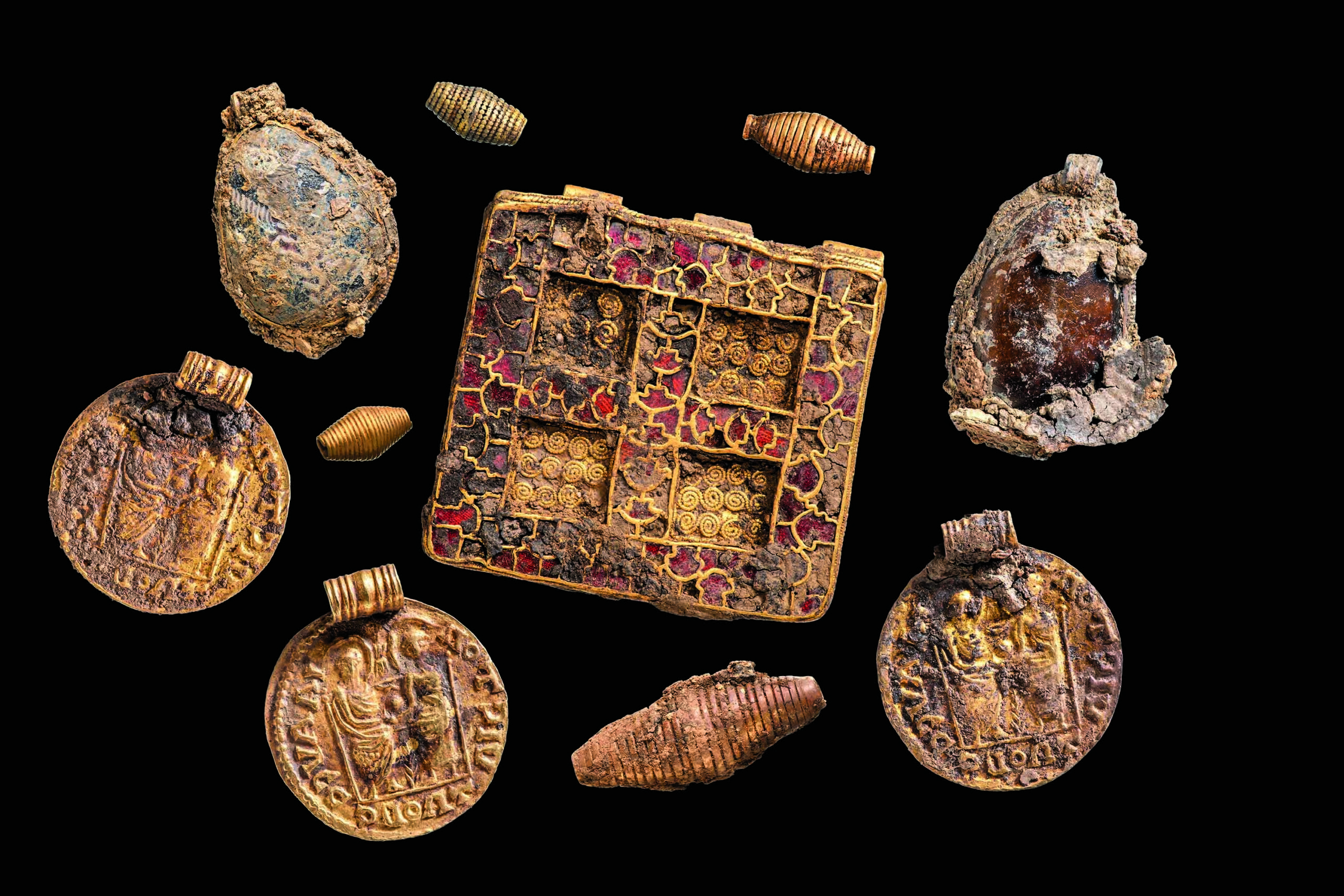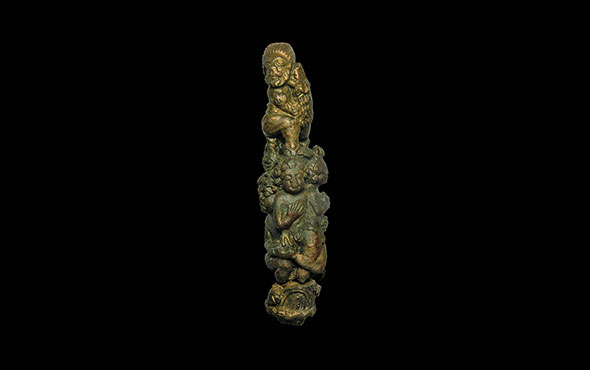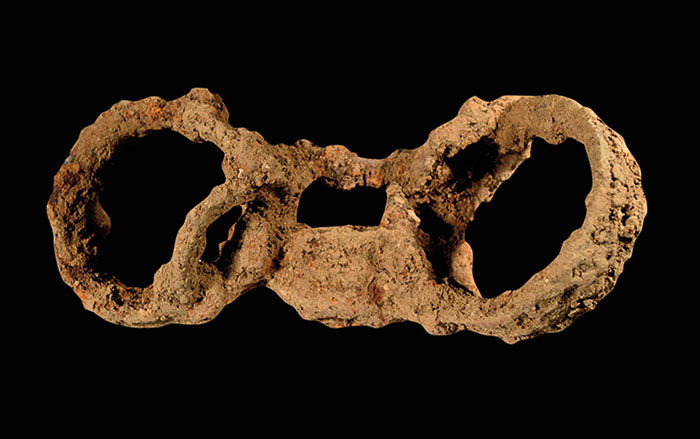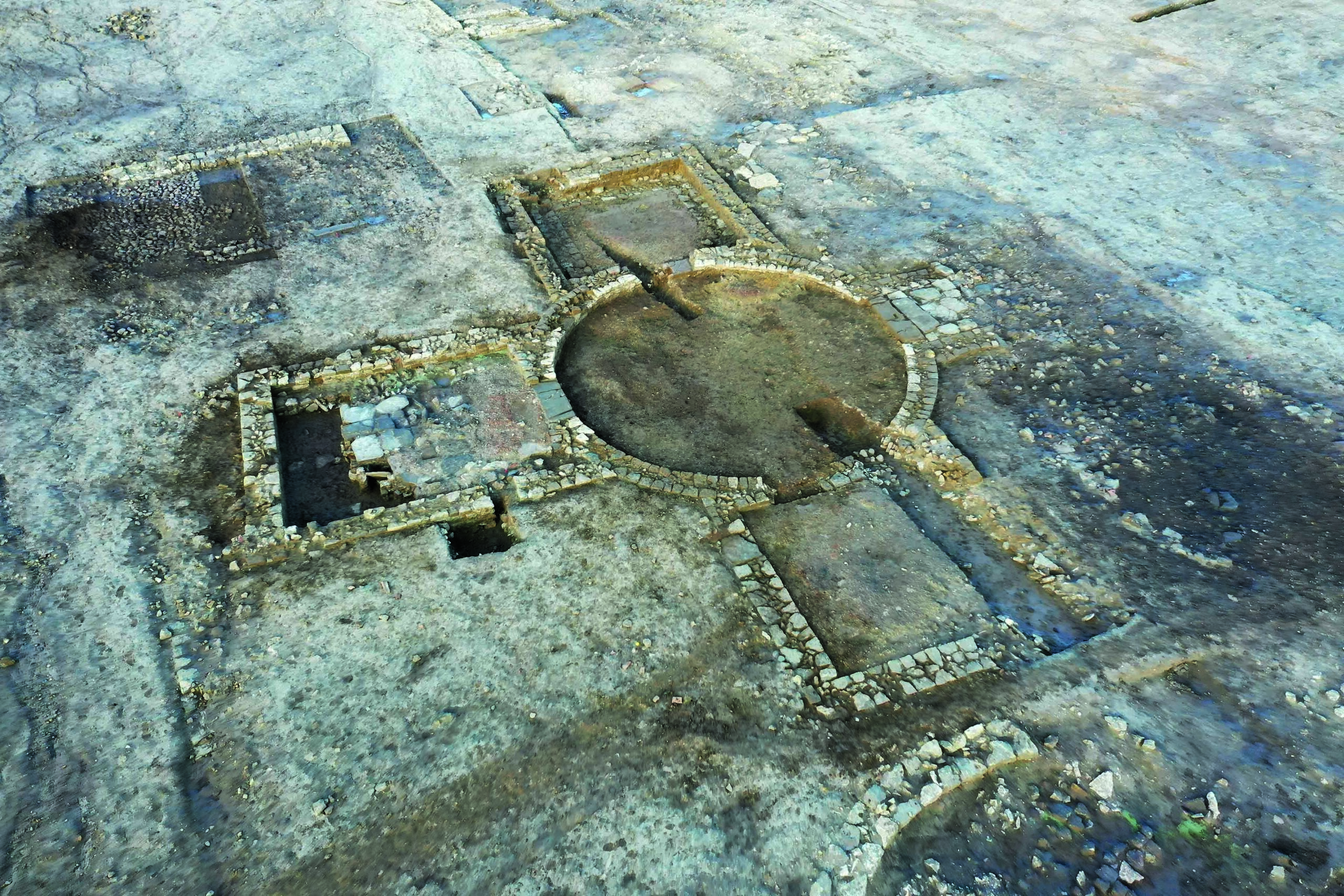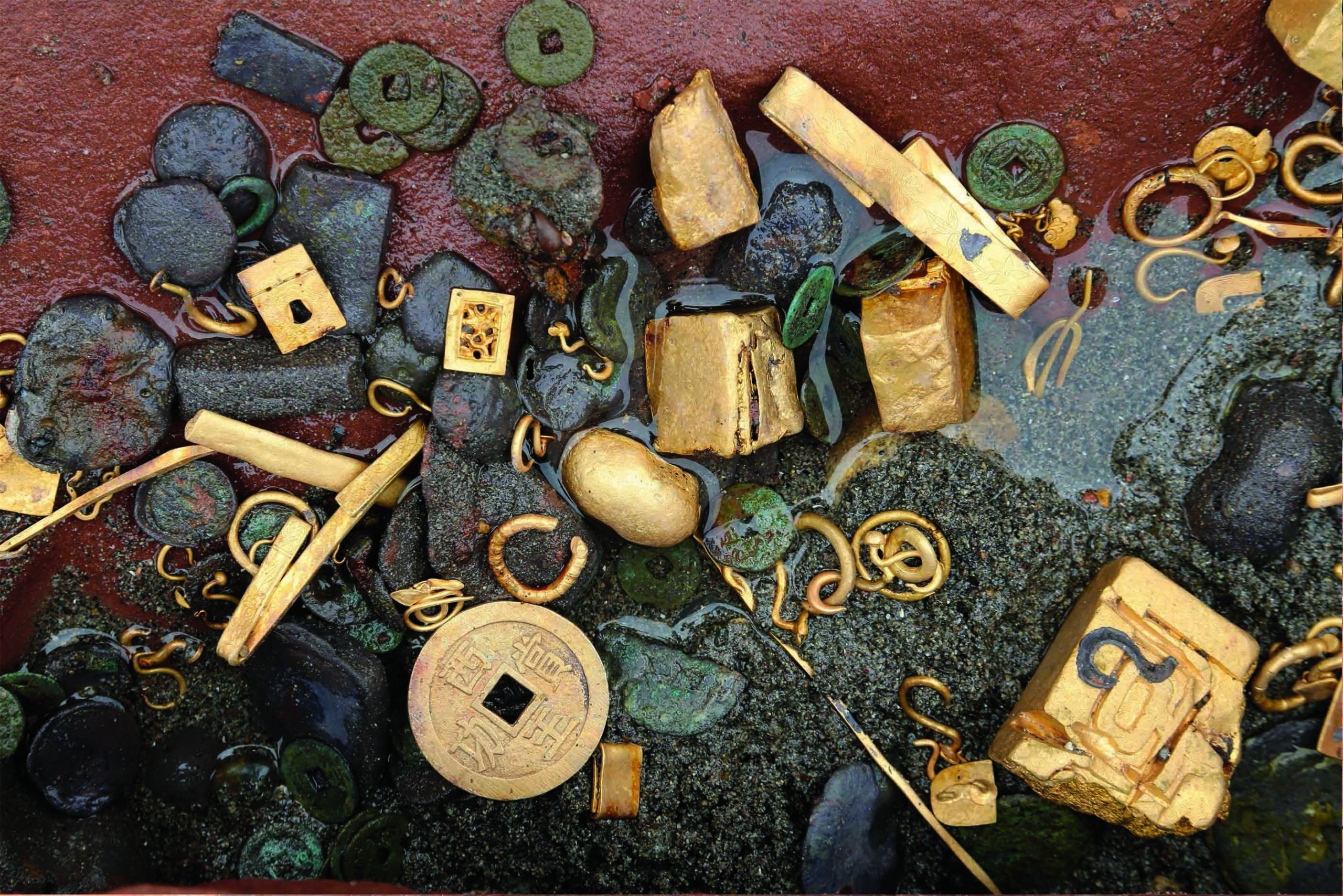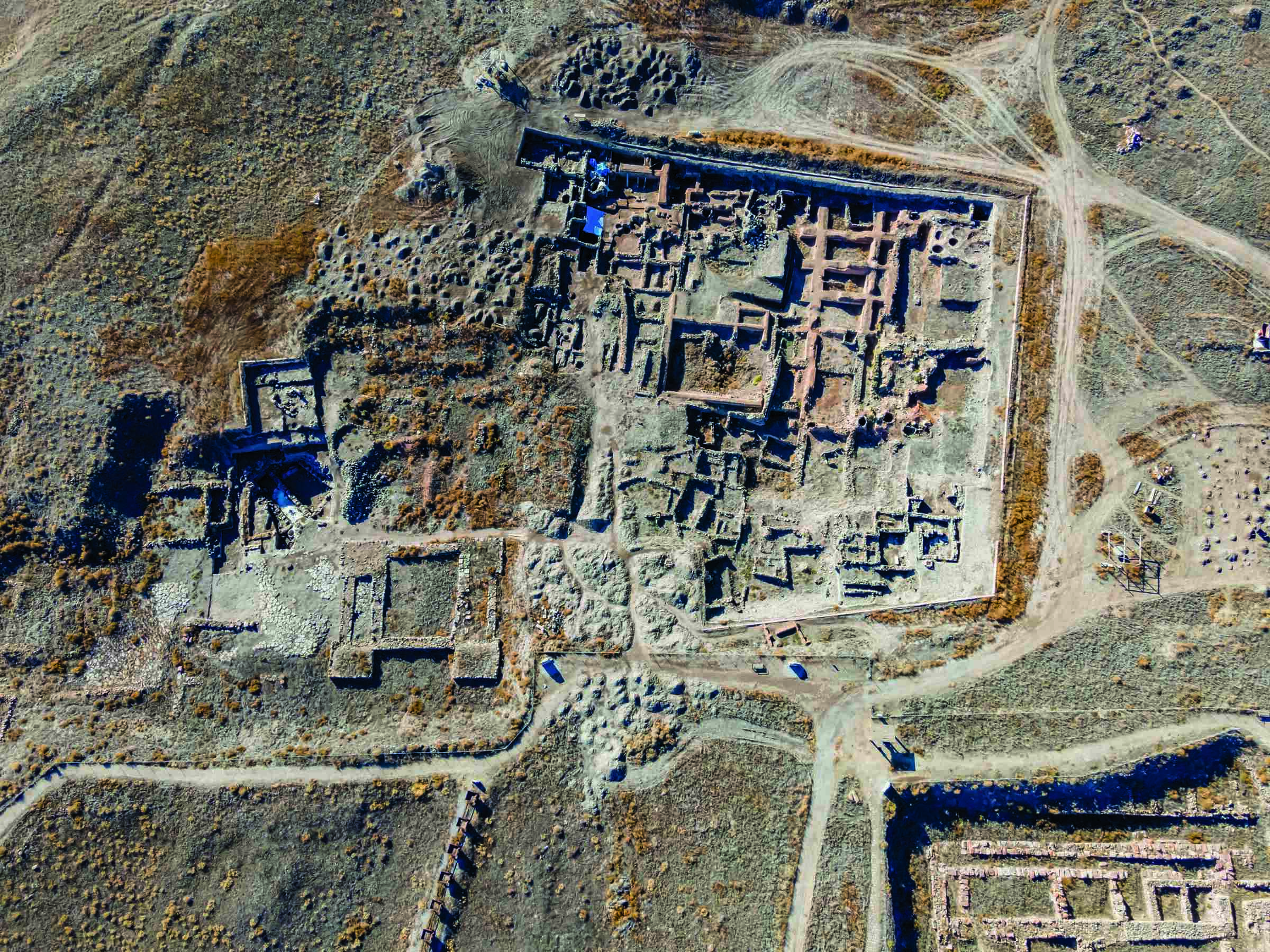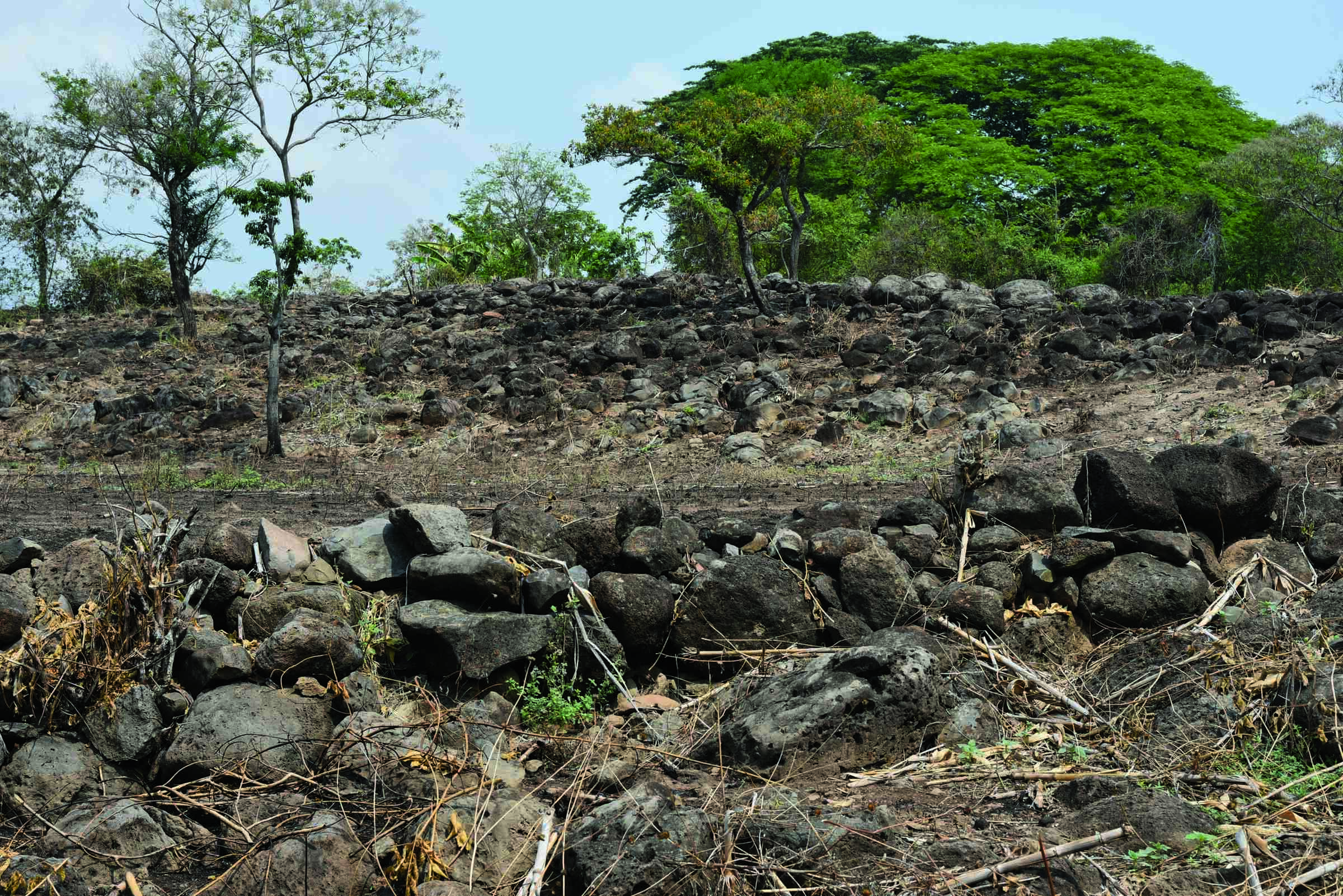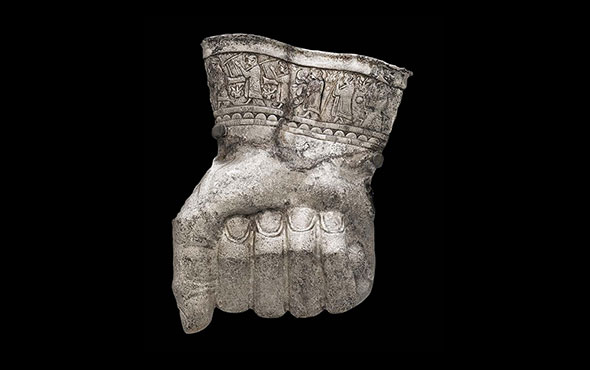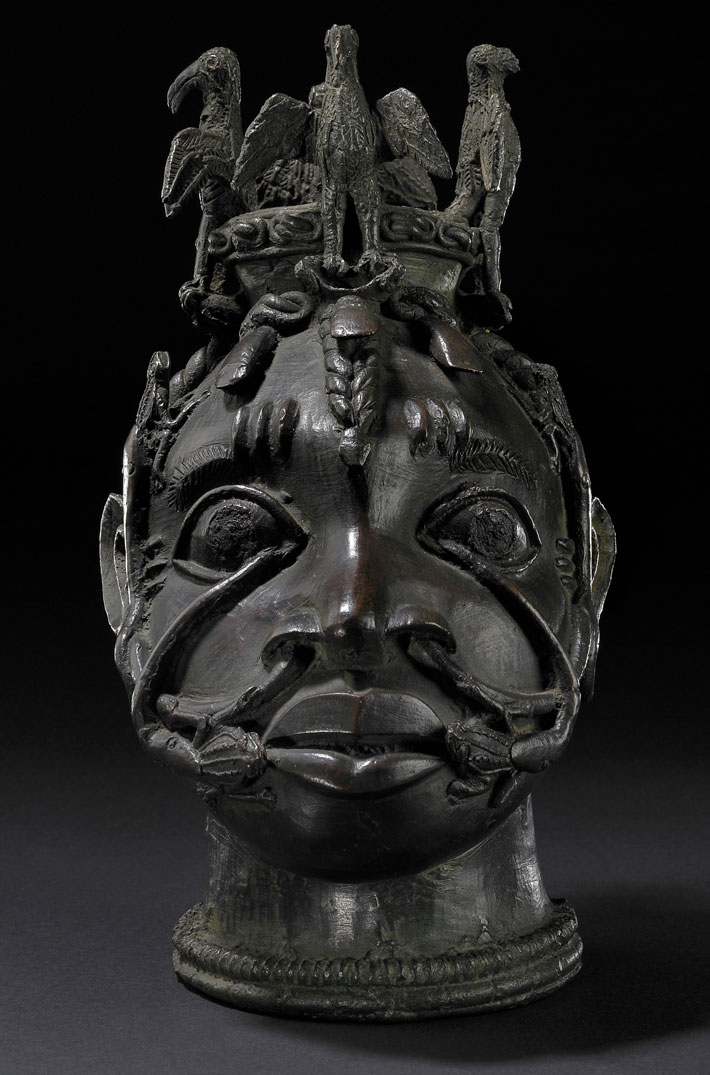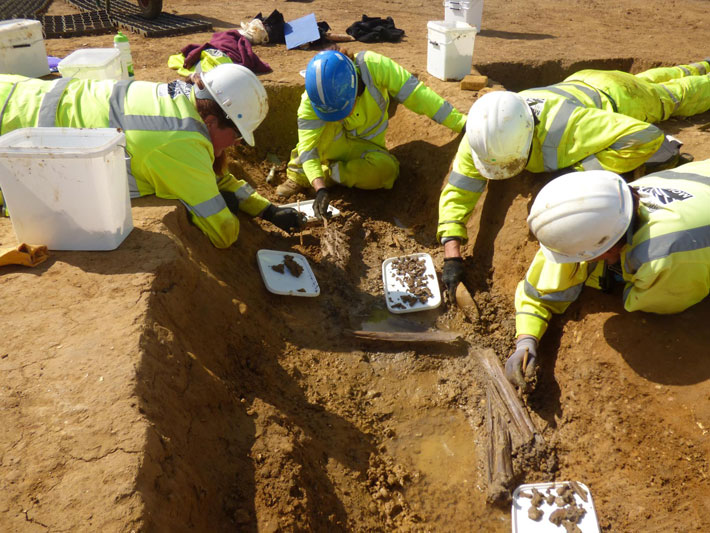
CAMBRIDGESHIRE, ENGLAND—Analysis of a DNA sample taken from a skeleton unearthed in the East of England during a road construction project suggests that it belonged to a man born in what is now southern Russia, according to a BBC News report. Buried in a ditch without personal possessions between A.D. 126 and 228, the remains were at first thought to belong to a local person. But the fragmented DNA extracted from an inner ear bone revealed a surprise. “The first thing we saw was that genetically he was very different to the other Romano-British individuals studied so far,” said Marina Silva of the Francis Crick Institute. It turned out that the man, dubbed Offord Cluny 203645, was a Sarmatian, an Iranian-speaking people known for horseback riding skills. The Romans defeated the Sarmatians in A.D. 175. Isotopic analysis of Offord’s teeth by researchers led by Janet Montgomery of Durham University indicates that he ate millets and sorghum grains in early childhood. These crops are known to have been plentiful in the region occupied by the Sarmatians. Over time, however, his diet included more wheat, which was found in western Europe. Montgomery explained that this change shows that Offord himself had made the journey to Britian, and not his ancestors. During the period of Offord’s lifetime, a unit of the Sarmatian army was posted in Britain. Offord may have been the son of a member of this unit, or possibly his slave, the researchers concluded. Read the original scholarly article about this research in Current Biology. To read about another individual who lived in Roman Britain, go to "Identifying the Unidentified."


